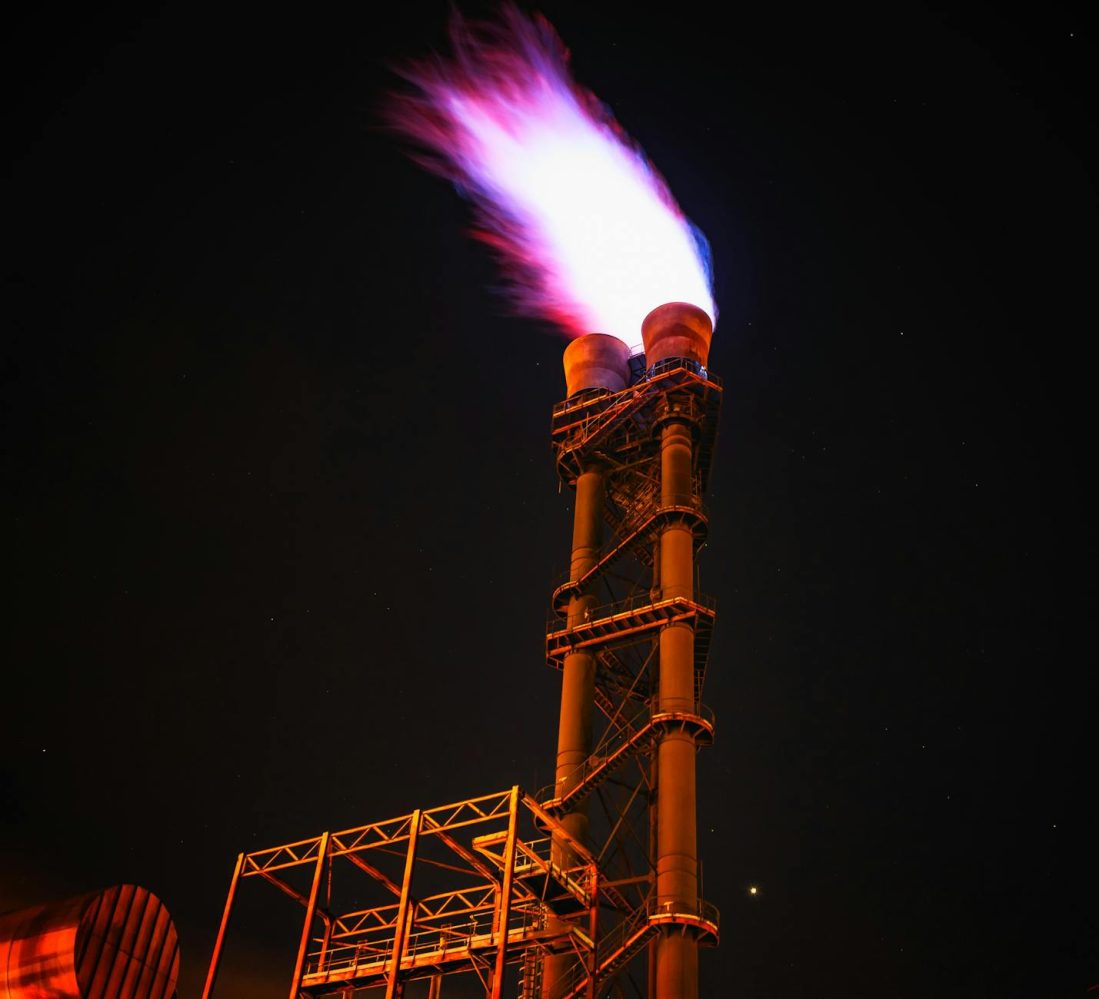
In a significant development, the White House is postponing a decision on whether to approve the largest liquefied natural gas (LNG) export terminal in the United States, known as the Calcasieu Pass 2 (CP2) LNG export terminal in Louisiana, according to sources who spoke anonymously to the New York Times. The Biden administration is taking this step to assess the potential impact of the controversial project on climate change, the economy, and national security. Notably, this marks the first instance in which the Department of Energy will consider climate change implications when determining if an LNG export terminal is in the "public interest."
The proposed $10 billion CP2 terminal is significantly larger than existing LNG export facilities in the US. It is planned for construction on a shipping channel connecting Lake Charles to the Gulf of Mexico and has the capacity to export up to 20 million tons of natural gas annually, which would increase the volume of exported US gas by 20%.
The criteria used by the Department of Energy to evaluate CP2 will likely set a precedent for the assessment of the other 16 proposed natural gas terminals in the Gulf of Mexico awaiting approval. This decision on CP2 is expected to have a cascading effect on the approval process for other projects. Scientist and leader of the climate campaign group 350.org, Bill McKibben, expressed his thoughts on Twitter (X):
Roishetta Ozane, director of the environmental justice and disaster relief group the Vessel Project of Louisiana, said:
If the reporting is true and the Biden administration is announcing a pause, it would be a positive step towards fairness. It shows that the government recognizes the need to protect the rights and well-being of these communities.
This decision would send a strong message that we can no longer allow fossil fuel industries to operate without considering the health and safety of the people living in these areas.
The US is already the world’s largest LNG exporter.




0 Comments